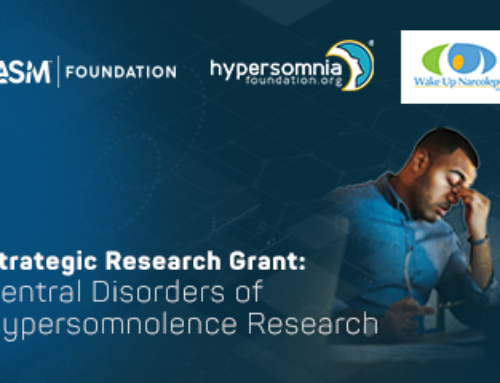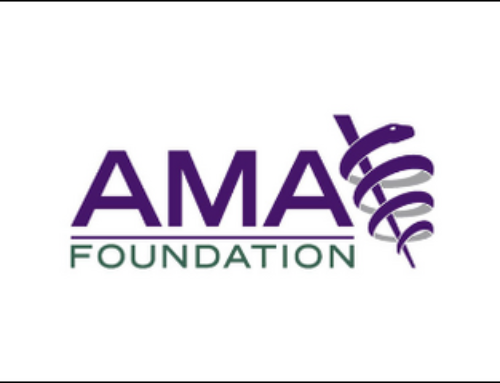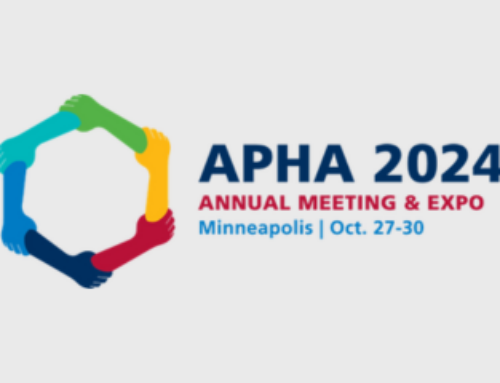The AASM Foundation recently awarded $300,000 in career development awards to support early career sleep physician scientists. The funded projects will explore the relationship between oxytocin on sleep and memory, explore propranolol as a new therapy for obstructive sleep apnea and examine the relationship between sleep duration and carotid vascular inflammation in patients with obstructive sleep apnea.
The AASM Foundation congratulates the three recipients of the 2019 Career Development Awards (Cycle 1).
Bridge to Success Award for Early Career Investigators
Carrie Mahoney, PhD
Beth Israel Deaconess Medical Center
The Role of Oxytocin in the Lateral Hypothalamus
Neurodevelopmental and neuropsychiatric disorders often show comorbid sleep disturbances and impaired social behavior. Whether a causal relationship or a common etiology underlies these impairments remains unknown. This project uses genetically targeted techniques in mice to test whether oxytocin neurons in the paraventricular hypothalamus recruit arousal-promoting and sleep-promoting neurons from the lateral hypothalamus to promote social interactions and enhance social memory. These are essential first steps in defining the influence of oxytocin on sleep and memory.
Physician Scientist Training Award
David Kim, MD
Johns Hopkins University
The Effect of Beta-Adrenergic Blockade on the Cardiometabolic Consequences of Obstructive Sleep Apnea
Obstructive sleep apnea (OSA) is associated with diabetes and cardiovascular disease by unknown mechanisms. Research has shown that OSA induces adipose tissue lipolysis, which increases plasma free fatty acids (FFA) during sleep. Excess FFA may cause metabolic dysfunction. Dr. Kim’s team hypothesize that beta adrenergic blockade will mitigate this effect of OSA. Their study is a randomized clinical trial of propranolol versus placebo on nocturnal FFA levels during sleep in subjects exposed acutely to OSA (CPAP withdrawal).
Vaishnavi Kundel, MD
Icahn School of Medicine at Mount Sinai
Investigating Sleep Duration and Vascular Inflammation in Patients with Sleep Apnea using Multi-Modality Imaging: Hybrid Positron Emission Tomography/Magnetic Resonance Imaging
Both short sleep duration and sleep apnea are associated with an increased risk of atherosclerosis. This proposal will investigate the relationship between actigraphically-estimated sleep duration and carotid vascular inflammation in patients with sleep apnea, employing hybrid positron emission tomography/magnetic resonance imaging (PET/MRI) with 18-F-fluorodeoxyglucose tracer as a robust measure of plaque inflammation. The study will help delineate the influence of short sleep duration on atherosclerosis and lay the groundwork for investigating short sleep duration as an under-appreciated risk factor for cardiovascular risk in patients with sleep apnea.
HEALTHIER LIVES THROUGH BETTER SLEEP
The mission of the AASM Foundation is to promote discoveries that advance the understanding of sleep for healthier lives. Contributions directly support the AASM Foundation’s programs, including the Career Development Awards, that are expanding the pipeline of sleep clinician scientists by providing funding and mentorship to new investigators.
Join our annual campaign for sleep health and donate today.






